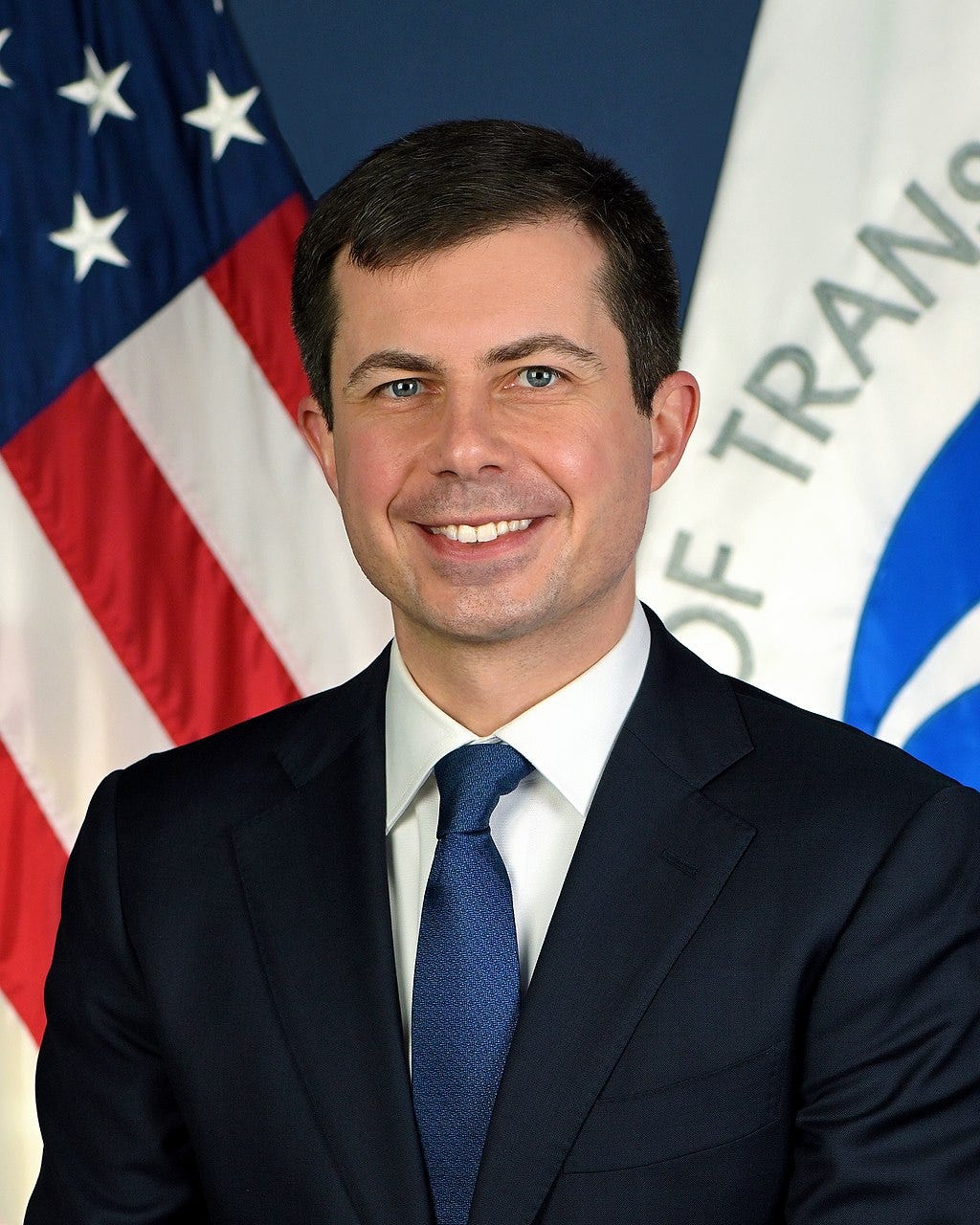Is Mayor Pete Slow-Rolling Congestion Pricing?
If so, is it a political calculation? Because it can't be about traffic in Philadelphia.
In the recent post, Where Does Governor Hochul Stand On Climate?, I touched on Governor Hochul’s slow roll on congestion pricing for traffic in NYC. However, it looks like the Federal department of Transportation is the real hold-up, according to Dave Colon:
The federal government has asked more than 400 technical questions about the draft document, delaying its release, and on Thursday, MTA Chairman and CEO Janno Lieber finally pulled back the curtain a bit.
“The models of air quality and traffic that we have to build are so complex,” said Lieber. “We’re talking about a 28-county region, we have to model the impacts on traffic all the way down to close to the suburbs of Philadelphia. That’s the way that the federal environmental review requires. So when they ask us to change elements or variables that are in the model, that model takes five days to run.”
Traffic in Philadelphia?
So this is what Transportation Secretary Pete Buttigieg believes holds the key to a program that will reduce traffic, reduce pollution and fund $15 billion in capital plan funding that will resignal the subways, install elevators, buy modern train cars and electric buses and electric bus depots?
Colon wonders why Buttigieg would allow this effort to drag out so long, and arrives at the conjecture that Pete is still searching for his ‘Big Something’ as Transportation Secretary, and congestion pricing isn’t it:
While Buttigieg searches for his Big Something, congestion pricing flags and flails, subject to defensive world-salad from its alleged champions and fearmongering from cynical opponents scrounging for votes without a positive vision for their own backyards. By some miracle, New Yorkers have stood by the traffic toll, showing that they’re ready for a new way idea to manage the snarled traffic in and around Manhattan. But every delay is just another opportunity for pro-traffic media to vaguely gesture towards unnamed “business leaders” who “have concerns” about a policy they actually pushed for. And every one of those propaganda pieces is another moment to perhaps push New York’s own attempt at congestion pricing descends into the Valley of Death, the moment when support for the program wanes as people only think about it in the abstract as a toll with no benefit.
Buttigieg seemed happy to have his name in headlines and statements of thanks as the man responsible for breaking the blockade that was simply, “What kind of environmental review does the MTA need to do here?” The one time he showed up in New York since then, he ran from reporters asking if the federal government would ensure the program happens.
Recently, the closest Buttigieg has come to New York City has been a tour of New Jersey with (wait for it!) top congestion pricing opponent Rep. Josh Gottheimer of New Jersey.
The fate of congestion pricing in New York City could very well determine the fate of the program is cities across the country and, as such, the fate of President Biden’s ambitious climate goals.
But maybe Buttegieg is looking beyond Biden’s era (which despite what The President says, may only be one term). Maybe congestion pricing in a year of spiking gasoline prices is not the yellow brick road to Presidential primaries in 2024.

